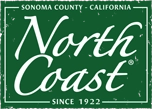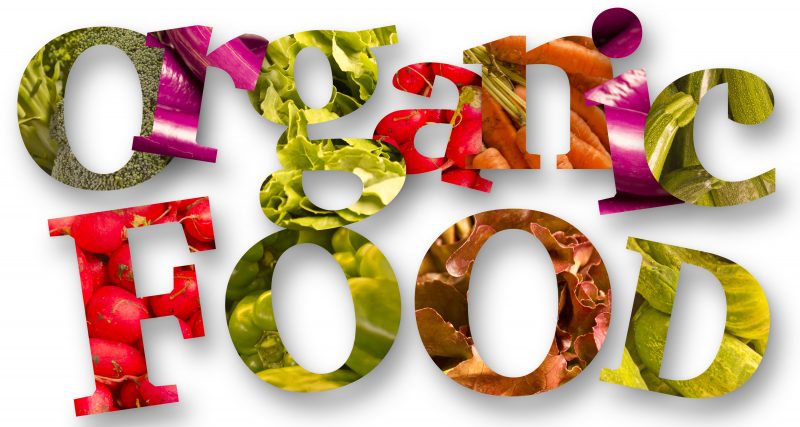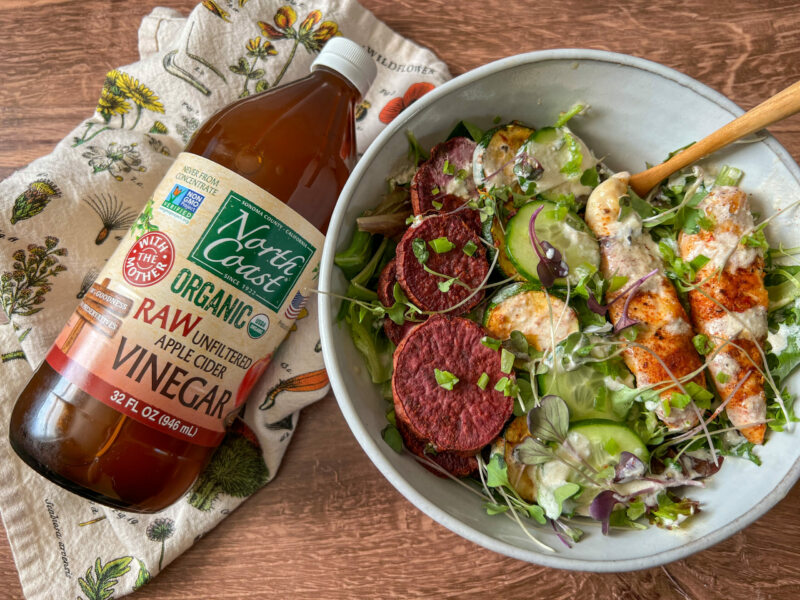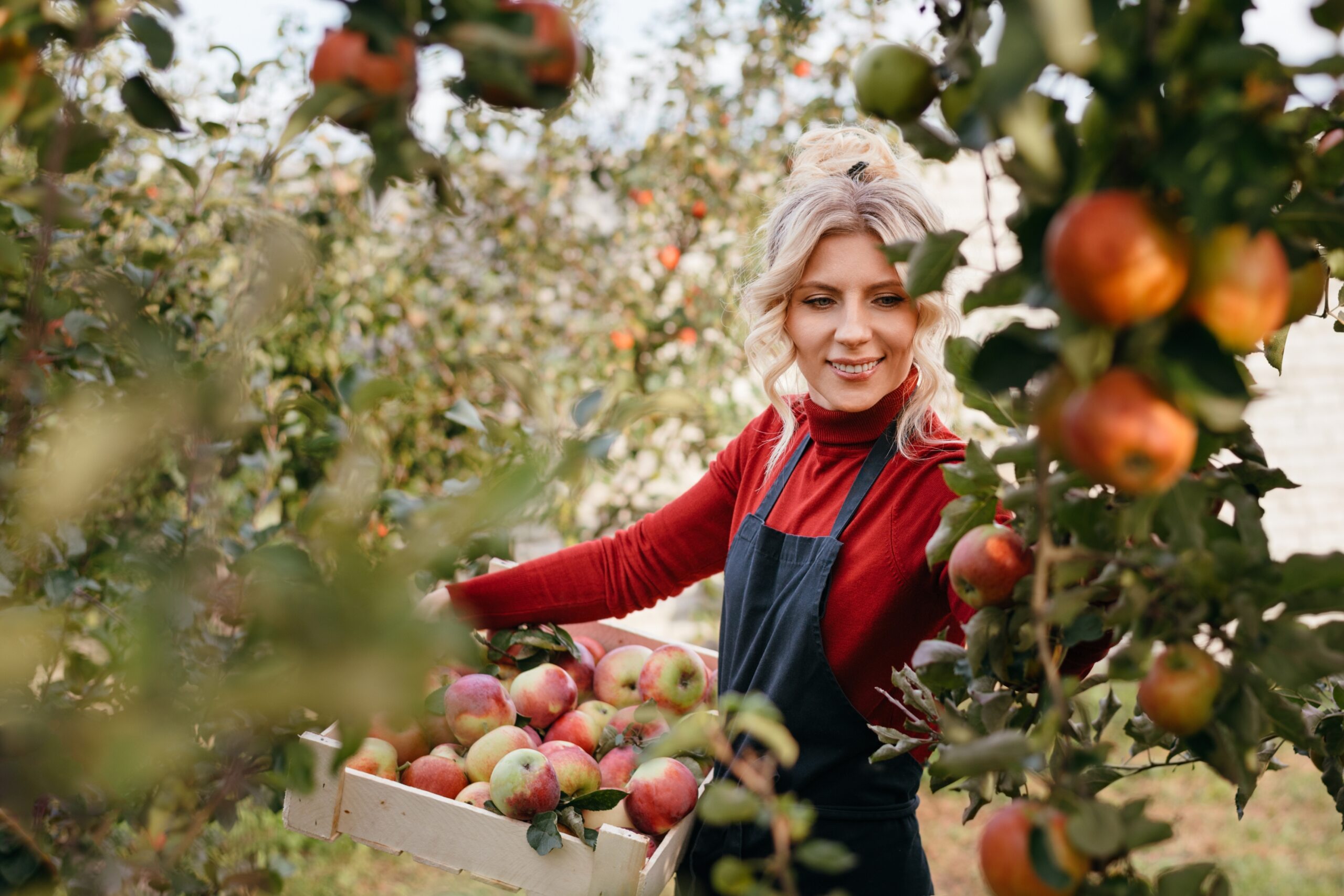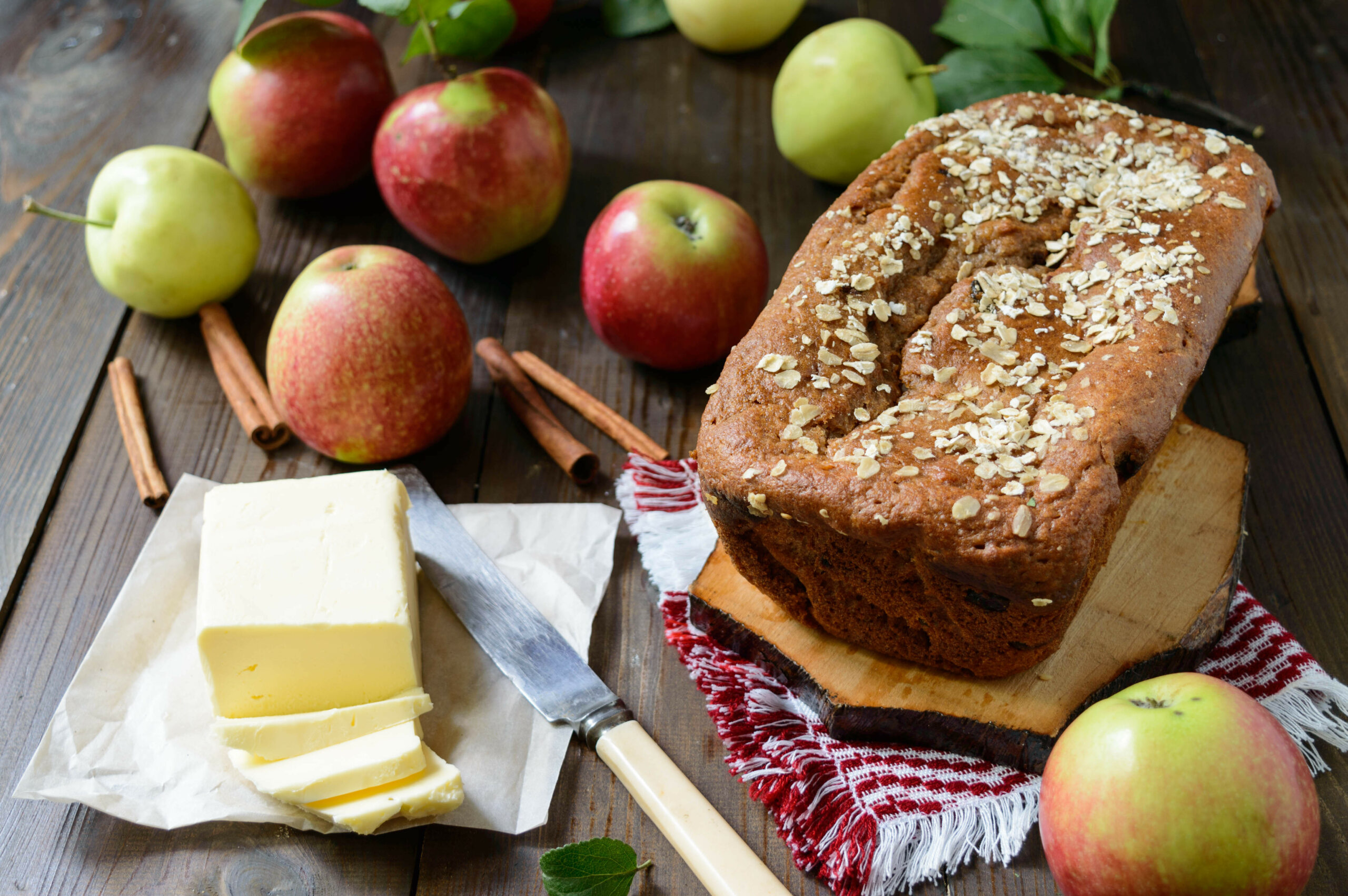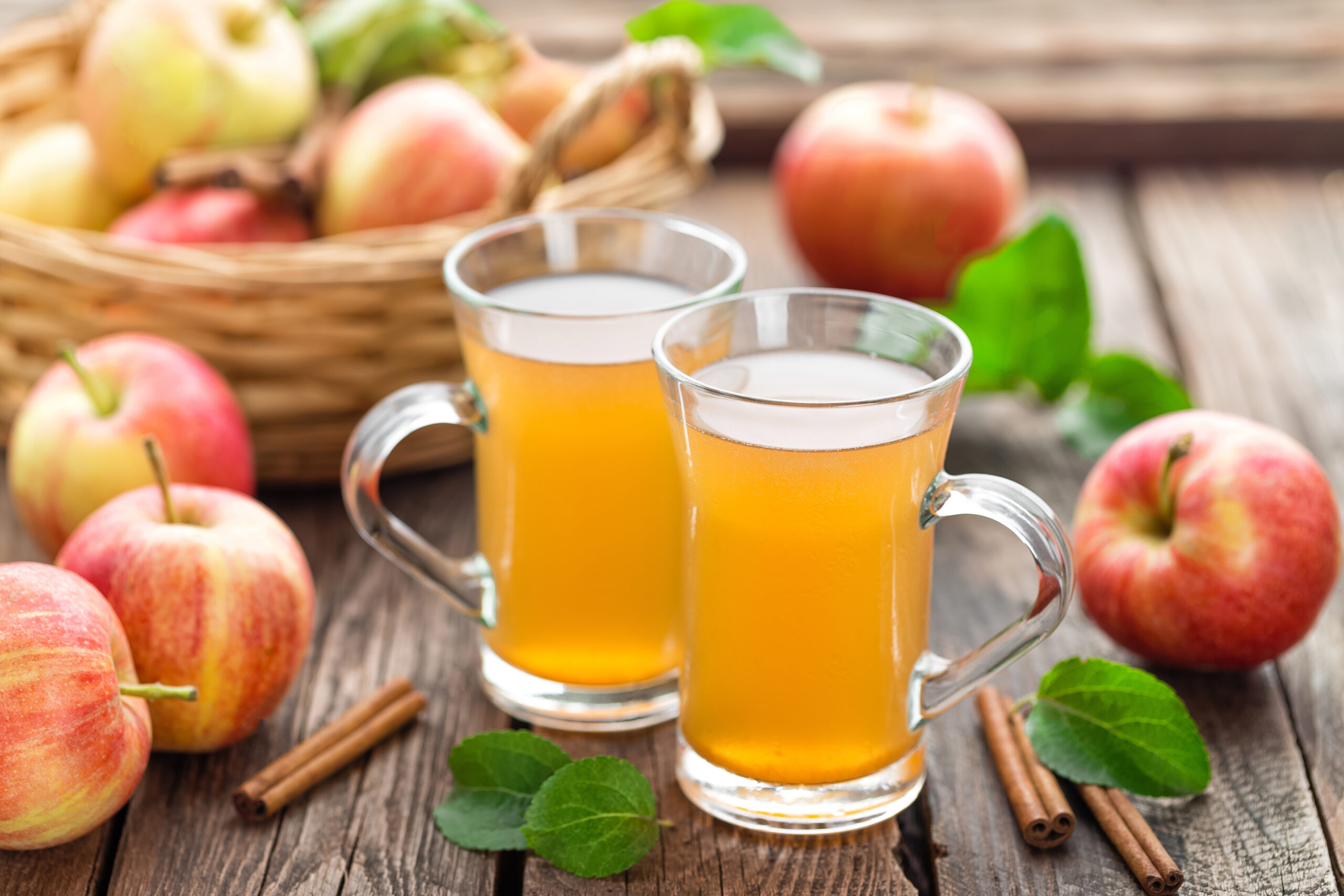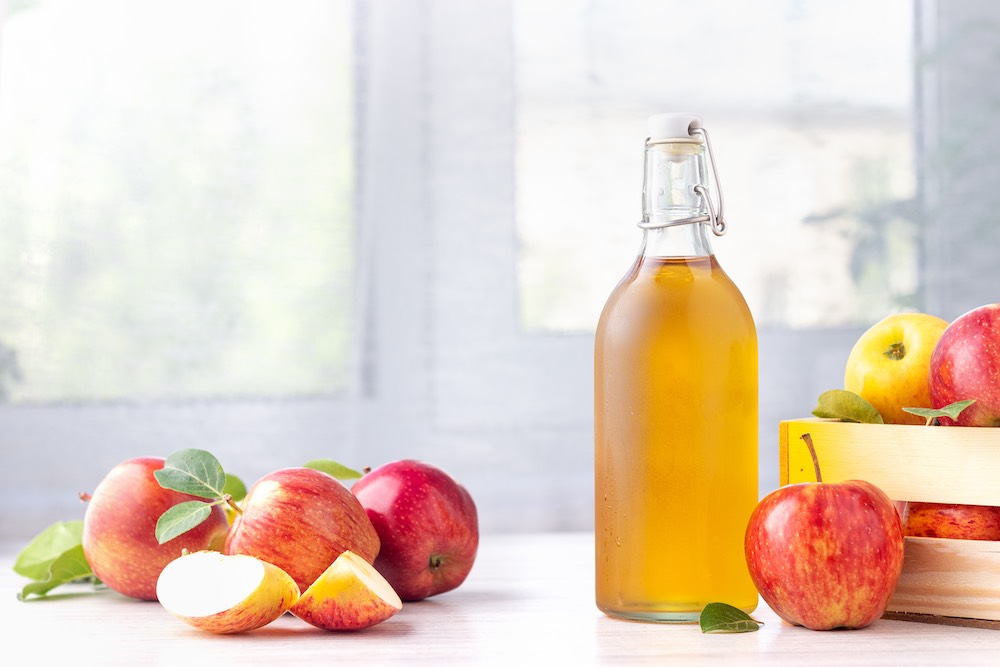Organic food consumption continues to increase rapidly in the United States, and has become one of the most noticeable trends in the food industry in decades. In fact, according to the 2017 Organic Industry Survey by the Organic Trade Association, Organic food sales in the U.S. totaled around $47 billion in 2016, reflecting an increase of 8.4 percent over the previous year. Organic now accounts for more than five percent of total food sales in this country, a significant first.
The most popular organic items shoppers are purchasing are fruits and vegetables, which account for close to 40% of all organic food sales. Almost 15% of fruits and veggies consumed in the U.S. are now organic. And, there’s no end in sight!
Why are more consumers turning to organic foods?
According to Katherine Paul, associate director of Minnesota-based Organic Consumers Association, polling shows that the No. 1 reason people go organic is to avoid pesticides, chemicals, and all of the other things that are not allowed in organics. Organic farming is better for the environment; reduces pollution and soil erosion, increases soil fertility, conserves water, and uses less energy. Farming without pesticides is also better for nearby birds, animals, and insects as well as people who live close to farms. An increasing number of consumers are also saying that organic food just tastes better.
What does organic mean, exactly?
As the website organic.org explains, the USDA National Organic Program (NOP) defines “organic” as food that is produced without using most conventional pesticides; fertilizers made with synthetic ingredients or sewage sludge; bioengineering; or ionizing radiation. Before a product can be labeled “organic,” a Government-approved certifier inspects the farm where the food is grown to make sure the farmer is following all the rules necessary to meet USDA organic standards. Companies that handle or process organic food before it gets to your local supermarket or restaurant must be certified, too.
How can you tell if a product you are about to purchase is organic?
The USDA has identified three categories of labeling for organic products:
-
100% Organic: Made with 100% organic ingredients
-
Organic: Made with at least 95% organic ingredients
-
Made With Organic Ingredients: Made with a minimum of 70% organic ingredients with strict restrictions on the remaining 30% including no GMOs (genetically modified organisms)
-
Products with less than 70% organic ingredients may list organically produced ingredients on the side panel of the package, but may not make any organic claims on the front of the package.
North Coast Organic Apple Products Are Always 100% USDA Certified Organic
North Coast Organic uses only USDA certified organic apples grown in the United States in our apple sauces, juices and cider vinegars. Our products are always free of pesticides, chemical fertilizers, and dyes, and aren’t processed using industrial solvents, irradiation, or genetic engineering. As more and more consumers become aware of the health benefits of organic products, we look forward to serving their needs and offering our products at a lower price point than our competitors. We are seeing that shoppers are increasing looking to buy healthier, organic foods. Some are willing to pay premium for organic, but at North Coast Organic, we want quality to be something that is available to everyone, no matter what their economic status.
North Coast Organic apple products are made in Sebastopol, CA from U.S. grown certified organic apples. They contain no added sugars, preservatives, colorings or flavorings.
